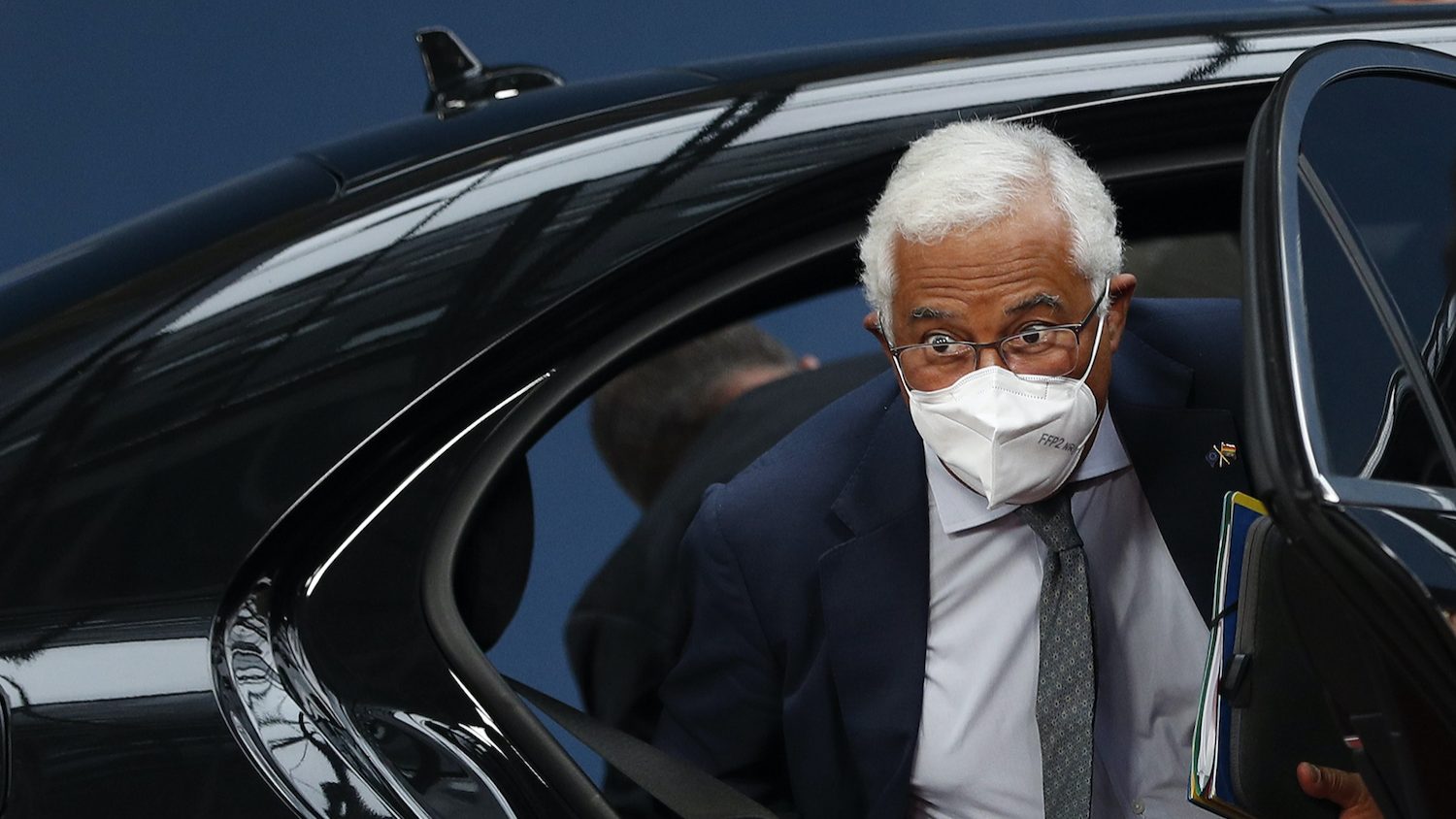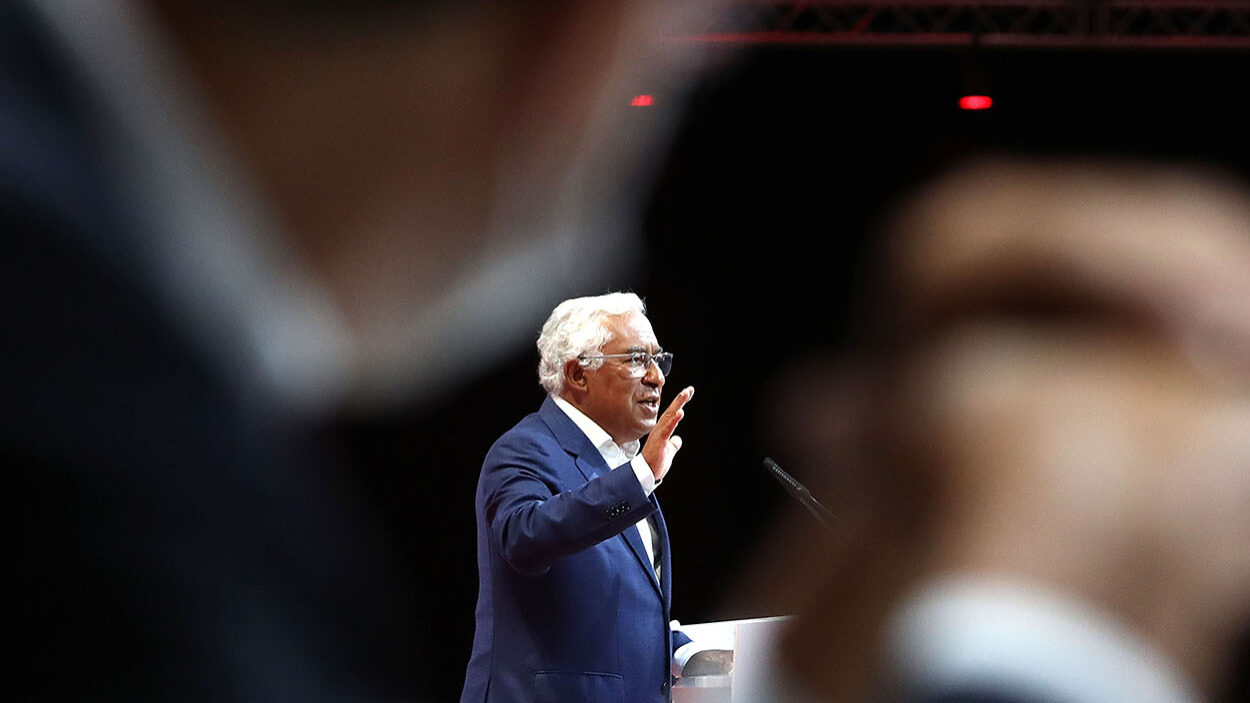‘EU has to make effort to reindustrialise, with more active trade policy’
Portugal's prime minister said on Wednesday that Europe has to make an effort to reindustrialise and be able to associate it with a more active trade policy.
The prime minister, António Costa, said on Wednesday in Sines that Europe has to make an effort to reindustrialise and, at the same time, be able to associate it with a more active trade policy.
He also said, speaking after the signing of an investment contract between the Government and Repsol, that “Europe’s strategic autonomy is essential” and that the European Union (EU) “cannot be as dependent as it is on essential goods”.
As an example, he recalled the lack of “things as basic as masks” at the beginning of the crisis of the pandemic, but also, currently, “the shortage of microchips that is currently paralysing many sectors and breaks in the supply chain”.
“Yes, Europe cannot be so dependent on the outside. It must make a major effort to reindustrialise and must be able to produce again in Europe what we have inadvertently relocated to other regions of the world,” he stressed.
However, “this strategic autonomy cannot mean protectionism or isolationism”, recalled António Costa.
“It must mean strengthening industrial capacity, but it must also be able to associate this effort to a more active trade policy, which values what is Europe’s greatest strength, which is that we are one of the three largest economies on a global scale. This is our great strength and it is this strength that we have to put together”, he sustained.
In this sense, António Costa considered that the €657 million investment contract signed today between the Government and Repsol, “shows that all this is possible and does not have to remain just words”.
“[These are] two new factories that will produce essential goods to support the whole of European industry, from the automotive industry to agri-food. And this strengthens our autonomy but does not close us off from the world. And that is why 90% [of production] of these two factories will be for export. Because it is fundamental that we export to the entire global market”.
The contract signed today between the company and the Government, in the Sines Industrial Complex, will allow Repsol to invest in the construction of two polymer factories, each with a capacity of 300,000 tonnes per year, with 100% recyclable products.
According to the company, the technologies of the two plants, which are scheduled for completion in 2025, “guarantee maximum energy efficiency, are market leaders and the first of their kind to be installed on the Iberian Peninsula”.
Repsol expects that, during the construction phase, the project will employ an average of 550 people, reaching a peak of more than 1,000 jobs. It also expects “a net increase in jobs” of “around 75 direct jobs and 300 indirect jobs”.


